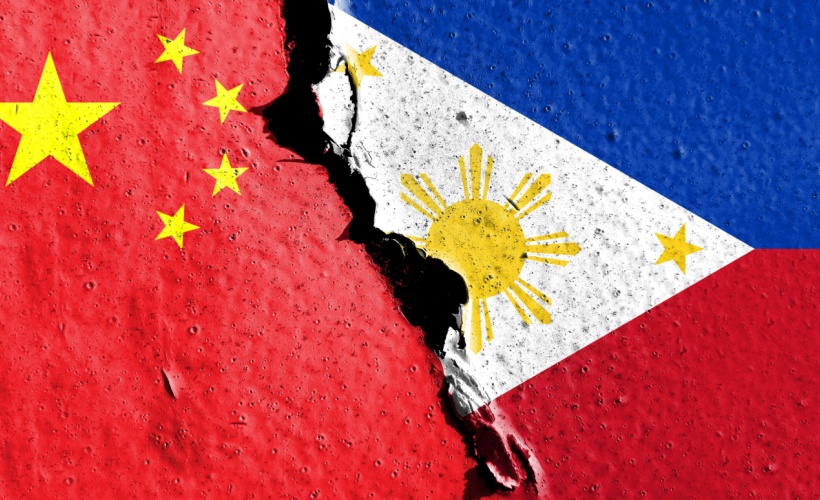By James Vitali, former Research Assistant
An apt metaphor for the confused nature of the UK’s stance on China can be found in the events of February 2019. That month, a statement by the then Defence Secretary Gavin Williamson of his intention to send a British Carrier to the Pacific caused consternation in some Tory circles. The Chancellor, Philip Hammond, had to embarrassingly cancel a planned trip to China to discuss bilateral trade. Hammond’s predecessor in 11 Downing Street, George Osborne- who had announced the commencement of a new ‘golden era’ of UK-Chinese relations during the Cameron ministry- professed his concern at the lack of clarity in government policy on the subject.
Things have moved considerably since the start of 2019, and they seem to have moved in a decidedly hawkish direction. The fracas over the security threat posed by Huawei’s involvement in the UK’s 4G network, the uncovering of the CCP’s persecution of the Uyghur population in Xinjiang province, the passing of the new security law in Hong Kong, and aspects of the Chinese state’s response to the coronavirus pandemic have all contributed to a growing unease about the UK’s interactions with China. The formation of the China Research Group last year, with its stated desire to “promote debate and fresh thinking about how Britain should respond to the rise of China”, is a direct consequence of this, and a clear effort to move the government away from the previous “golden era” approach.
The reality, though, as was demonstrated in the excellent debate put on by the Cambridge Union, the Centre for Geopolitics, and The Cambridge University China Forum, is that the “China question” remains a knotty, complicated one for the UK. China is now Britain’s third largest trading partner behind US and Germany. And the value of UK-Chinese trade has increased recently. The post-Brexit vision of a global, free-trading Britain, must, as Richard Graham argues, includes a tilt towards the Indo-Pacific, but doing this without engaging with by far the biggest player in the region appears to be a non-starter. Hawkishness on China would put a strain on British companies trading in China, as well as Chinese inward investment in the UK.
As the Centre for Geopolitics’ Deputy Director KC Lin remarked, however, “China geo-economic expansion is anything but neutral to the redistribution of wealth and power around the world”. Free traders have to reckon with the fact that economic interdependency, liberalisation and marketisation has not led to a China more closely aligned with British interests. China’s growth on the international economic stage has been decidedly in her own interest.
The added difficulty is that a number of other, tricky geopolitical dilemmas run through the question of China. Although Biden’s election may well have halted an increasing divergence between the US and Europe, it remains the case that American hostility towards China is not mirrored on the Continent, particularly in the south and south-east. The UK’s stance on China will undoubtedly have knock-on effects with its closest security partner and its nearest neighbours.
To this end, Tom Tugendhat was right when he remarked that whatever course of action the UK pursues with China as a country will necessitate some sacrifices. Should the UK decide to stand up the CCP on Hong Kong and human rights violations, this will compromise business relationships; failing to do so will increasingly call into question a commitment to a set of basic moral and democratic principles that has been a powerful source of soft power for the UK.







